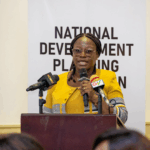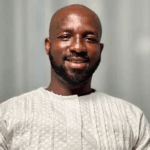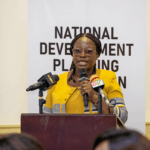
The Director-General of the National Development Planning Commission (NDPC), Dr Audrey Smock Amoah, has underscored the need for a coordinated national effort to address Ghana’s human capital challenges.
Speaking at the Inter-Ministerial Coordinating Committee meeting on Ghana’s National Human Capital Development Strategy (HCDS) in Accra on Thursday, November 20, Dr Amoah said the country’s socio-economic transformation is inseparable from its investment in human capital.
“Ghana’s quest for socio-economic transformation cannot be divorced from its commitment to human capital development,” she said.
“With the emergence of artificial intelligence (AI) and technological change, Ghana has no option but to strategically invest in its people to develop the skills, competencies, and capabilities that spur innovation and national development.”
She highlighted demographic pressures, labour–market mismatches, the continued outflow of skilled Ghanaians, and growing fragmentation across sectors as critical challenges requiring coordinated ministerial action.
“The urgency of this strategy cannot be overstated. We are confronted with demographic pressures, labour-market mismatch, ongoing outflow of skilled Ghanaians, and increasing fragmentation across sectors. These challenges make coordinated ministerial support not just desirable, but absolutely necessary,” she added.
Dr Amoah called for multi-sectoral collaboration involving government, industry, and research institutions to drive the national strategy.
Co-PI and Country Research Manager at Thrive, Dr Kwabena Tandoh, described Ghana’s long-term Human Capital Development Strategy as a transformative blueprint for national progress from 2026 to 2057. He emphasised early childhood development, quality education reforms, and coordinated actions across ministries such as education, health, jobs, gender, finance, and social protection.
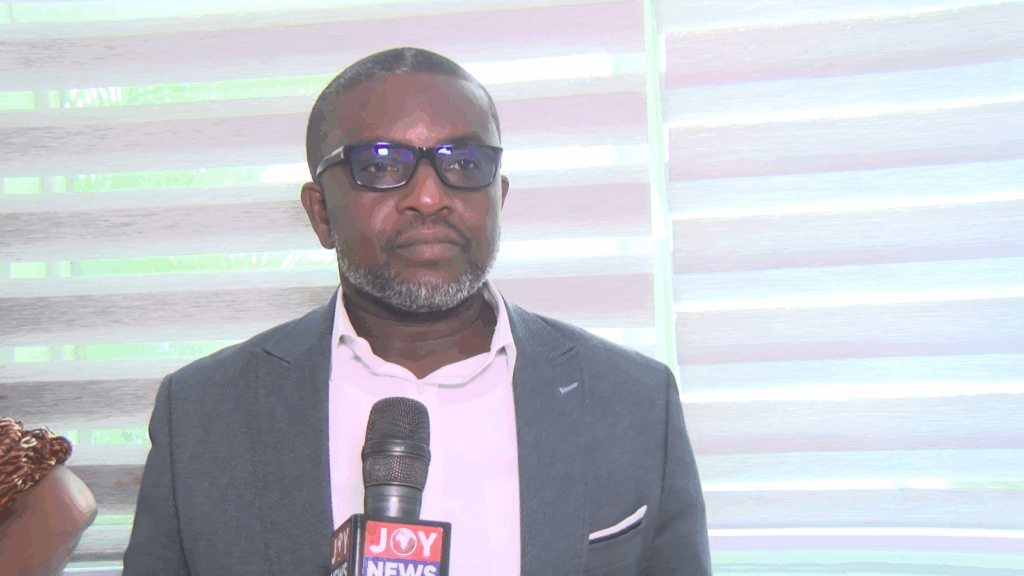
He acknowledged Ghana’s growing reputation as a regional leader in early childhood development but noted that persistent challenges remain. Dr Tandoh stressed the importance of evidence-based planning, improved institutional management, teacher motivation, parental engagement, and integrated health and social programmes, adding that the goal extends beyond economic growth to equity, empowerment, and locally driven solutions.
A Principal Planning Analyst at the NDPC, Mr Peter Porekuu, outlined aspects of the national strategy aimed at building a modern workforce equipped with critical thinking skills, STEM competence, and readiness for the Fourth Industrial Revolution. He said the strategy involves reviewing existing policies, addressing gaps and misalignments, and ensuring training aligns with industry needs.
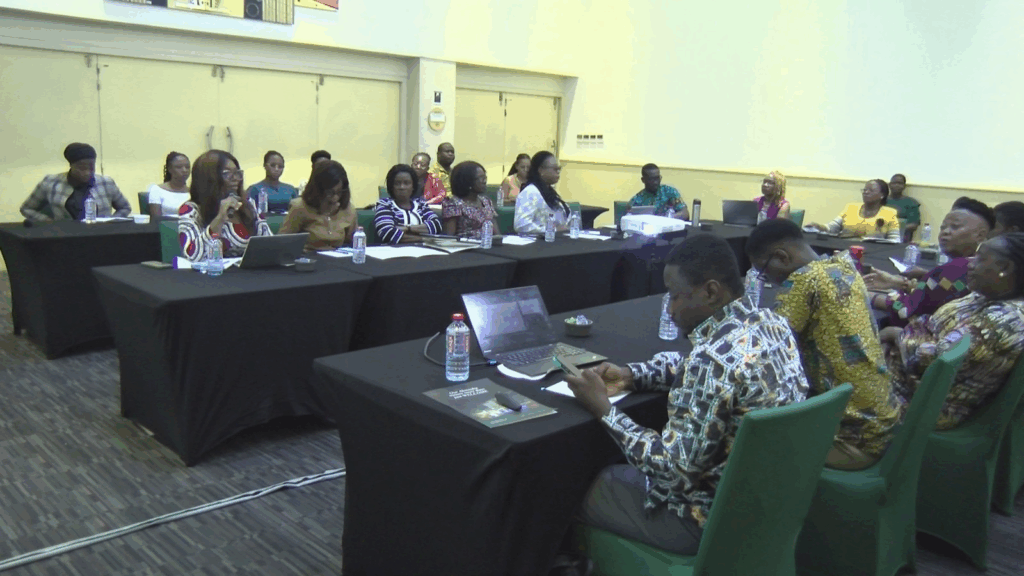
Key challenges identified include weakening family systems, skills mismatches, rural–urban inequalities, infrastructure deficits in newly created regions, gender and pay disparities, cultural barriers, and ongoing brain drain.
The Human Capital Development Strategy aims to improve learning outcomes, health, skills development, and overall productivity. It aligns with the President’s Resetting Ghana Agenda, which prioritises rebuilding economic foundations, strengthening institutions, restoring productivity, and placing people at the centre of national development.
The meeting is expected to strengthen coordination in education, health, and skills development, providing a unified national strategy to enhance human capital across the country.
- President Commissions 36.5 Million Dollars Hospital In The Tain District
- You Will Not Go Free For Killing An Hard Working MP – Akufo-Addo To MP’s Killer
- I Will Lead You To Victory – Ato Forson Assures NDC Supporters
Visit Our Social Media for More

